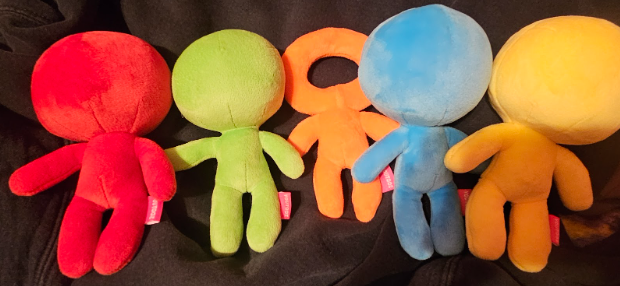Every four years, including 2024, there is an interesting phenomenon in our calendars, as 24 hours are added to the end of February. This added day is known as Leap Day or Leap Year Day. But why does this even happen? Aren’t calendars supposed to be set in stone, exactly 365 days?
It takes the Earth 365 days, 5 hours, 48 minutes, and 45 seconds to circle once around the sun, so if we didn’t add an extra day to our shortest month about every four years, we would lose almost six hours every year. After a century, our calendar would be off by about 24 days. This all started with Julius Caesar, as he was the first one to invent a calendar that included an extra day every four years. However, his system was not exactly right. In 1582, Pope Gregory XIII introduced the “Gregorian” calendar, a system that adds one leap day every four years but drops three every 400 years to keep the calendar from drifting. This calendar is not perfect, there’s still a 30 second drift every year; but it is close enough for countries around the world to use even in the modern day.
In some countries, Leap Year is regarded as bad luck. Greek traditions deem it unlucky to get married during a leap year, saying that the relationship will end in divorce. In Scotland, it is believed that those born on Leap Day will live a life of suffering. And in Germany, a saying goes, “Schaltjahr gleich Kaltjahr”, or “leap year will be a cold year”.
A tradition was started in Ireland by Saint Patrick in the 15th century where, on Leap Day, women could propose to their partner. Legend has it that he was convinced by a woman named Saint Bridget, who believed that men were too slow at popping the question. This tradition made February 29th commonly known as Bachelor’s Day. In 1288, Queen Margaret of Scotland passed a law saying that any man who denied a leap day proposal had to pay a fine. In Denmark, there is another punishment that says these men have to give the rejected woman 12 pairs of gloves, enough to wear in order to hide the shame of not having an engagement ring.
Some believe that people born on Leap Day only get older every four years. However, that is a myth. Those born on Feb. 29th, also known as “leapings,” celebrate their birthdays on either Feb. 28th or March 1st. About 4.1 million people around the world have been born on Leap Day, and the chances of having a leap birthday is about one in 1,461.
With all that said, Leap Years are very interesting. It’s not just superfluous or for show. It is really important for the accuracy of our calendars and significant to many cultures. It won’t come again for four years, so make the most of the extra day in 2024.












































